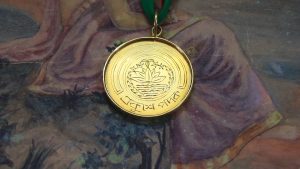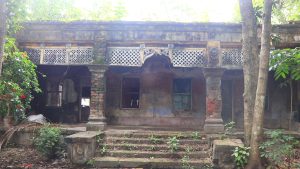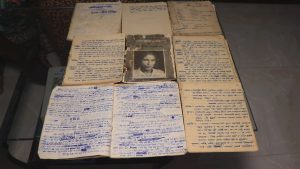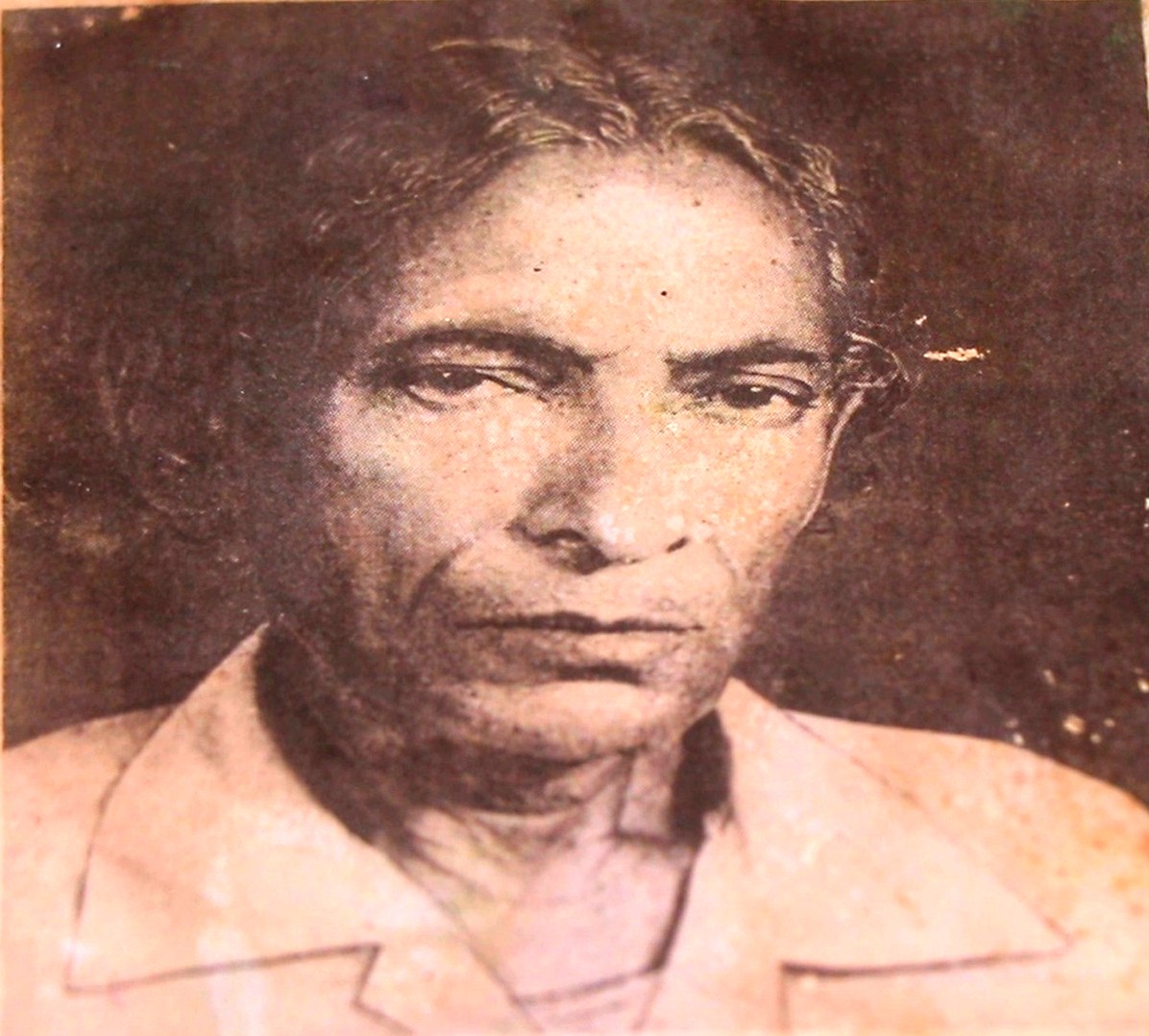“In our little village with tiny little homes,
We all live together, no one left alone.
All the neighborhood boys are like brothers,
We play together and go to school with others.
Our little village is just like a mother,
Giving us light and air like no other.”
There are few who haven’t read this childhood poem by Bande Ali Mia. His poetry vividly captures rural life with remarkable finesse. Widely acclaimed as a children’s poet, some of his most notable books include Moynamotir Chor, Kuchboron Konna, and Shial Panditer Pathshala. He received numerous accolades, including the Ekushey Padak, the Bangla Academy Award, and the President’s Award.
But Bande Ali Mia was more than just a poet. He was a prolific writer of songs, stories, plays, novels, fables, and countless works for children. He remains one of the rare all-round literary figures in Bengali literature. His contributions to poetry and children’s literature brought a new vibrancy to the Bengali language.
Today, June 27, marks the 46th death anniversary of Ekushey Padak-winning poet Bande Ali Mia.

Despite his invaluable contributions, memories of the poet’s life and work lie in a state of neglect at his birthplace in the northern district of Pabna. His ancestral home is falling apart, bricks and mortar crumbling, overgrown with weeds and bushes. Family members, neighbors, and cultural activists have long demanded the preservation of these heritage sites.
Bande Ali Mia was born on January 17, 1906, in Pabna, and passed away on June 27, 1979. His ancestral home, known as Kobi Kunja, is located in Narayanpur, Radhanagar, in Pabna town, where his grave also lies. After his death, a high school was established in his name in the Atghoria upazila of Pabna. However, not much else has been done to honor his memory. The house remains abandoned. No one lives there. Next to it is the poet’s grave, along with a historic well and pondside steps—both associated with the poet’s life.

Due to a lack of proper preservation, many of the remnants of Bande Ali Mia’s life and work are on the brink of being lost. Family members express frustration, saying repeated requests for preservation have gone unanswered.
Afroza Begum, the poet’s second daughter, became emotional as she recalled her father’s memory. “We were three sisters and six brothers. Abba loved us very much. He never raised his voice or glared at us. He treated us like friends,” she said.
She recounted, “Once, when Kazi Nazrul Islam came to Bangladesh from Kolkata—we used to call him Dukhu—my father went to meet him with one of my brothers. When he approached him, he said, ‘Dukhu, do you recognize me?’ Nazrul looked at my father’s face but couldn’t recognize him. He had lost much of his memory by then. My father was heartbroken and burst into tears holding Nazrul.”
“Now, my father’s legacy is fading. If the government took the initiative to preserve it, it would be a great help,” she added.
Many neighbors also spoke about reading Bande Ali Mia’s poetry in their childhood and how kind-hearted he was. Yet, they lamented that his home now lies in disrepair, covered in weeds, with bricks falling off. There seems to be no one to care for it. They hope the government will take action to preserve this cultural heritage
Dr Habibullah, convener of the Kobi Bande Ali Mia Smaran Parishad, Pabna, told Times of Bangladesh, “Bande Ali Mia brought rural Bengali life to vivid existence through his literary brushstrokes. His writings were once part of school textbooks, but that’s no longer the case. We demand his work be reinstated in school curricula.”

Pabna’s District Cultural Officer Marufa Manjuri Khan stated that initiatives are being taken to preserve the poet’s home and grave and to establish a memorial museum.
For his contributions to children’s literature, Bande Ali Mia was posthumously awarded the Ekushey Padak in 1988. He previously received the Bangla Academy Award in 1962 and the President’s Award in 1965.
On the occasion of the poet’s death anniversary, the Kobi Bande Ali Mia Smaran Parishad is organizing a commemorative event titled “Kobi Bande Ali Mia Smaran Sandhya” at the Bonmali Shilpakala Centre Auditorium on the evening of Friday, June 27.


